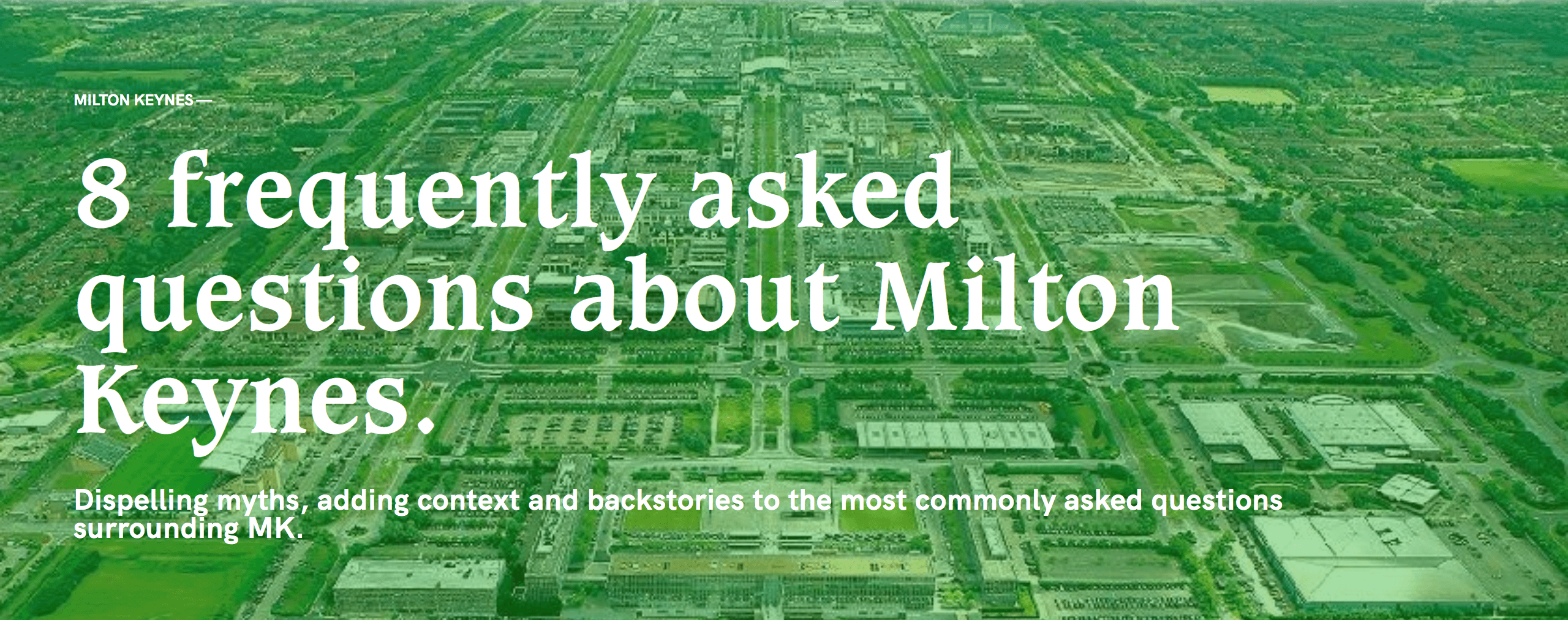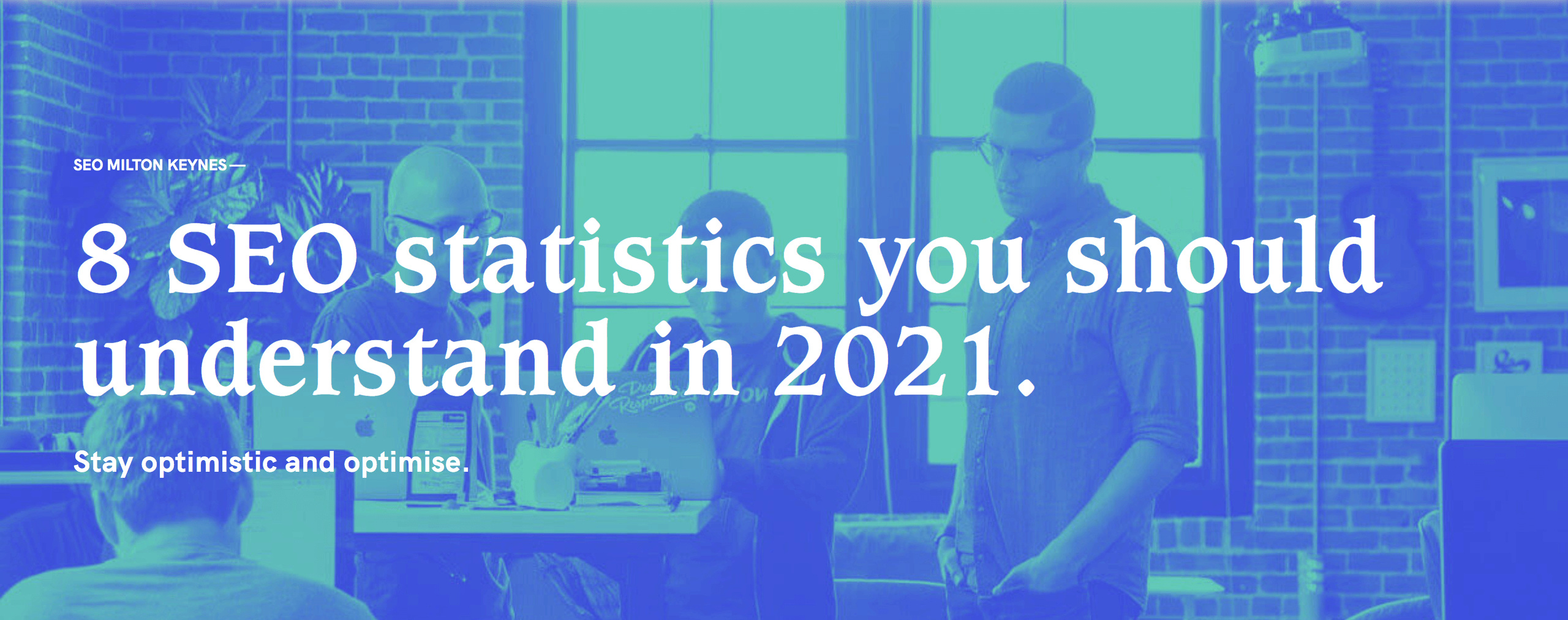Social media, SEO, and Social Signals (pardon the alliteration).
In today's digital landscape, the interplay between social media and SEO (Search Engine Optimisation) has become a defining factor in a website's online visibility. The term "social signals" has emerged as a buzzword in the SEO community, highlighting the impact of social media on search engine rankings.
While search engines like Google don't directly use social signals as a ranking factor, the relationship between social media and SEO is intricate and influential.
In this article, we'll explore the fascinating connection between social media and SEO, how social signals work, and how you can leverage them to enhance your website's search engine rankings.
Understanding Social Signals
What Are Social Signals?
Social signals are the digital footprints left by users on social media platforms. They include likes, shares, comments, retweets, and other forms of engagement with social media content. Essentially, social signals reflect the interaction and engagement levels that a website's content generates on social media.
Why Are Social Signals Important?
While search engines like Google don't explicitly use social signals as a ranking factor, they do recognise the value of social media presence. Social signals can indirectly impact SEO in several ways:
- Increased Visibility: Content that receives high levels of social engagement is more likely to reach a broader audience, potentially attracting more organic traffic.
- Enhanced Brand Authority: A strong social media presence can boost your brand's authority and credibility, which can indirectly impact your search engine rankings.
- Influencing User Behaviour: Content shared on social media can influence user behaviour, including click-through rates and time spent on your website, which are SEO ranking factors.
- Content Discovery: Social media can serve as a discovery channel, where users find and share content that they later search for on search engines.
Need some support?
✔️ Improve your Google ranking
✔️ Understand your site performance
How Social Signals Impact SEO
1. Improved Content Visibility
Highly shared content on social media is more likely to reach a wider audience. This increased visibility can lead to more people discovering your content, which can result in higher organic traffic.
2. Brand Authority
A strong social media presence can help establish your brand as an authority in your industry. This, in turn, can impact how users perceive your website's trustworthiness, which is a key factor in Google's ranking algorithm.
3. Social Signals as Backlinks
While social signals themselves aren't considered backlinks, when your content gets shared on social media, it can attract natural backlinks from other websites. These backlinks can positively affect your website's SEO.
4. Social Proof
The number of likes, shares, and comments on your social media content can serve as social proof, indicating that your content is valuable and engaging. Users may be more likely to click on search results with high social engagement.
5. Influencing User Behaviour
When users engage with your content on social media, it can affect their behaviour when they encounter your website in search results. If they've had a positive interaction with your brand on social media, they may be more inclined to click through to your site.
Leveraging Social Media for SEO Success
Now that we've established the importance of social signals in the context of SEO, let's explore practical strategies for leveraging social media to enhance your website's search engine rankings:
1. Optimise Social Media Profiles
Your social media profiles should be consistent with your brand and contain relevant keywords in the bio and descriptions. Complete your profiles with high-quality images and links to your website.
2. Content Sharing
Share your website's content on social media platforms regularly. Develop a content sharing schedule that aligns with your target audience's active hours. Utilise social media management tools to streamline the process.
3. Engage with Your Audience
Engage with your followers by responding to comments, questions, and messages promptly. Actively participating in conversations and fostering a community on your social media channels can improve your brand's image and credibility.
4. Encourage Social Sharing
Make it easy for website visitors to share your content on social media by including social sharing buttons on your web pages and blog posts. This can boost social signals by increasing the likelihood of content being shared.
5. Create Shareable Content
Produce content that is highly shareable. This includes creating visually appealing content, informative articles, and engaging videos that resonate with your target audience. Content that evokes emotions is more likely to be shared.
6. Monitor Social Signals
Use social media analytics tools to monitor your social signals, such as the number of likes, shares, and comments. Track how your social engagement evolves over time and adjust your social media strategy accordingly.
7. Build Relationships
Collaborate with influencers and industry experts in your niche. Building relationships with influential figures can lead to your content being shared with a broader audience.
8. Use Hashtags
Incorporate relevant hashtags in your social media posts. Hashtags can increase the discoverability of your content by users interested in specific topics or keywords.
9. Share User-Generated Content
Encourage your customers or followers to create and share content related to your products or services. User-generated content not only boosts your social signals but also strengthens brand loyalty.
10. Cross-Promotion
Leverage the power of cross-promotion by sharing content from complementary businesses or collaborators in your industry. This can expand your reach and increase social engagement.
Success Stories of Brands Leveraging Social Signals
1. Red Bull
Red Bull is renowned for its successful use of social media. They create and share exciting content related to extreme sports, adventure, and energy. This content not only generates a high number of social signals but also drives engagement on their website and video platforms.
2. Dove
Dove's "Real Beauty" campaign, featuring powerful and inclusive messaging, received significant attention on social media. The campaign's hashtag, #RealBeauty went viral and generated countless social signals and positive brand recognition.
3. National Geographic
National Geographic has a strong social media presence that reflects its brand identity as a leader in exploration and adventure. Their visually stunning content is highly shareable and has helped establish them as an authoritative source in their field.
Conclusion
The relationship between social media and SEO is complex but undeniably powerful. While social signals themselves are not direct ranking factors, they have a profound impact on your website's visibility, user behaviour, and brand authority. By strategically leveraging social media to encourage social signals, you can improve your website's search engine rankings and achieve greater online success.
Remember that successful SEO and social media strategies require ongoing effort and adaptability. Stay active on social media, create shareable content, engage with your audience, and build brand authority through meaningful interactions. In doing so, you'll be well on your way to harnessing the synergistic potential of social media and SEO for your website's benefit.
FULLTIME.digital build and optimise websites specific to your needs and your business. Want to get serious about your website?
Get in touch and talk to the team.


